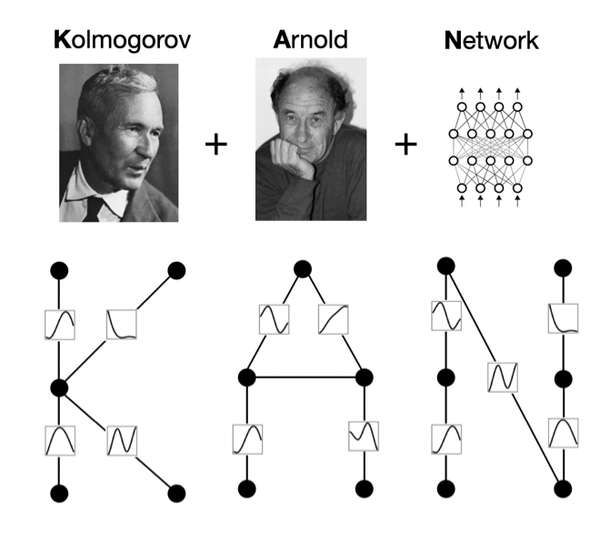If you like our work, please consider supporting us so we can keep doing what we do. And as a current subscriber, enjoy this nice discount!
Also: if you haven’t yet, follow us on Twitter, TikTok, or YouTube!
What is Descriptive Linguistics?
Simply put, it is the study of language in use. It involves describing how language is actually used by people in their everyday lives. This can include studying the grammar, vocabulary, and pronunciation of a particular language, as well as investigating how different dialects vary from one another.
One of the main goals of descriptive linguistics is to create a detailed description of a given language that can be used by both native speakers and learners alike. By understanding how a particular language works ‒ its sounds, structure, and idiomatic expressions ‒ we can better learn to speak it ourselves or more effectively teach it to others.
Descriptive linguistics also has important applications in fields such as translation studies and forensic linguistics. By understanding the unique features of different languages, translators can produce more accurate translations while forensic linguists can use linguistic evidence to help solve crimes or resolve legal disputes.
Ferdinand de Saussure is considered the father of descriptive linguistics. He was the first to break language down into its smallest component parts in order to study it more systematically. He also developed the concept of langue, which refers to language as a system or structure, and parole, which refers to actual instances of speech. His work has had a major influence on subsequent linguistic research and theory.
Ferdinand de Saussure was born on November 26, 1857 in Geneva, Switzerland. He was a linguist who developed the theory of semiotics which is the study of signs and symbols. His work has been influential in many different disciplines such as philosophy, anthropology, literary criticism and sociology. De Saussure's most important work is Course in General Linguistics which he published posthumously in 1916. In this book, de Saussure introduced the concept of structural linguistics which is the analysis of language structure rather than its meaning or usage. This approach to linguistics has had a profound impact on how language is studied and understood. De Saussure's ideas continue to be studied and debated by scholars around the world and his influence can be seen in modern day linguistic theories such as Noam Chomsky's transformational grammar
Leonard Bloomfield was born on March 28, 1887 in Chicago, Illinois. He was an American linguist who developed the Bloomfieldian theory of language. This theory is a structural linguistic approach that views language as a system of symbols that are used to communicate ideas. His work has had a significant impact on the development of descriptive linguistics and modern linguistics.
Bloomfield's first major contribution to linguistics was his book "Language" which was published in 1933. In this book, he proposed the principle of scientific analysis which states that linguistic phenomena should be analyzed in terms of their smallest functional units. He also introduced the concept of phoneme which is defined as the smallest unit of sound that can distinguish one word from another. This work laid the foundation for modern phonology and helped to establish descriptive linguistics as a legitimate field of study.
Bloomfield's most important contribution to descriptive linguistics may be his textbook "An Introduction to Language" which was first published in 1946. This text presents a comprehensive overview of all aspects of language and provides students with a solid foundation for further study in linguistics. It has been widely used by instructors throughout the world and has been translated into numerous languages."
Leonard Bloomfield played an instrumental role in developing descriptive linguistics as a legitimate field of study . His work has had a significant impact on modern linguistics and he is considered one ofthe fathers of today's linguistic theories.
By 1950 linguistics lost touch with other discipline and became an abtruse subject wth little interest to anyone outside the domain. It was time for a change!
Do you like our work?
Consider becoming a paying subscriber to support us!


![Descriptive Linguistics [History]](https://images.unsplash.com/photo-1447069387593-a5de0862481e?crop=entropy&cs=tinysrgb&fit=max&fm=jpg&ixid=MnwxMTc3M3wwfDF8c2VhcmNofDN8fGhpc3Rvcnl8ZW58MHx8fHwxNjU5MDQ5OTkw&ixlib=rb-1.2.1&q=80&w=2000)






